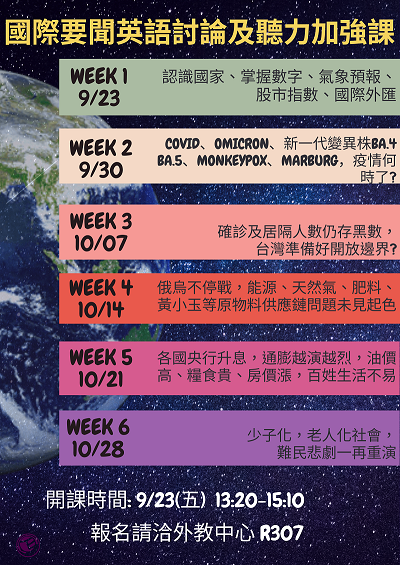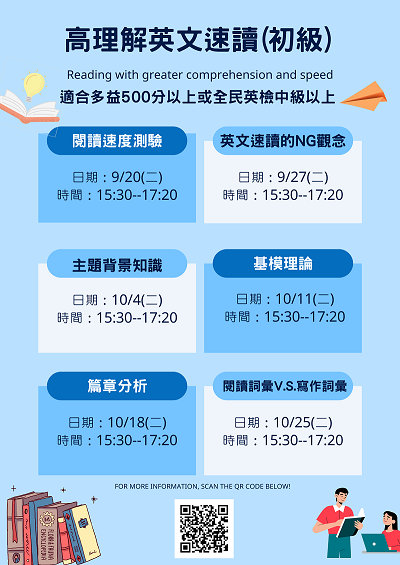College-Educated Americans Have More Friends, Are Less Lonely, Study Finds
VOA News|ALL ABOUT AMERICA
December 28, 2021 1:26 PM (source)
College-Educated Americans Have More Friends, Are Less Lonely, Study Finds
研究顯示受過大學教育的美國人有更多朋友,也較不孤單
December 28, 2021 1:26 PM
Dora Mekouar
VOA News 搶先看
研究指出:相較於僅有高中文憑的人,大學畢業者擁有更多朋友,也較不易感到孤單。美國生活調查中心(Survey Center on American Life)所長考克斯(Daniel Cox)表示,對於沒有大學文憑的人而言,因原本扶持他們的宗教、婚姻、工會等傳統制度近年來已逐漸式微,故影響其交友甚劇。由此可見,整體而言美國人的社交圈正急遽縮減。
Having a college degree might do more than potentially boost your bottom line; higher education might also lead to a more fulfilling family and social life. A recent study finds that people who graduated from college are more likely to have more friends and are less lonely than their counterparts with a high school diploma or less.
Overall, Americans in general are experiencing a "friend recession," according to Daniel Cox, director of the Survey Center on American Life and a senior fellow at the American Enterprise Institute.
"Americans have fewer close friends today than we did in the early '90s. But some groups were particularly affected in that they seem to have experienced a much more dramatic decline over that time period," Cox says. "And there are two groups that really stood out. The first is men. And the second one is people without a college degree."
The Survey Center of American Life interviewed 5,054 people this past summer and found that Americans with a college degree feel more socially connected and civically engaged and are more active in their communities than people who didn't attend college. As a result, college graduates report feeling less lonely or isolated.
"If you look at the traditional institutions supporting Americans without a college degree, they were — in no particular order — religion, marriage and unions," Cox says. "Unions were primarily financial, but they also offered a lot of social support and social connection and feelings of belonging as well. The decline of unions, the decline of marriage and the decline of religion have all disproportionately affected the noncollege group. … I feel pretty strong that those three things are at the heart of this story."
Previous research shows that people who didn't go to college are less likely to marry. A 2013 survey of people born between 1957 and 1964 found that both men and women who didn't finish high school were less likely to marry than their counterparts with more education.
A 2012 study found that college-educated women were much more likely to get married than women who dropped out of high school.
Cox points to research that shows that people who are married tend to have larger social networks and more close friends and report feeling lonely less often.
Today, 65% of college-educated Americans over age 25 are married, while 50% of people with a high school diploma, or who dropped out of high school, have put a ring on it. There was a much smaller educational divide in 1990, when marriage rates among the college educated were at 69%, compared with 63% for those who didn't attend college, according to a Pew research poll.
Pew also finds that Americans are less religious overall. The percentage of Americans who say they're "religiously unaffiliated" rose from 17% in 2009 to 26% in 2018 and 2019. It's the continuation of a trend first documented by Pew in 2007.
When it comes to union association, the percentage of workers who belong to a union has almost halved since 1983, when 20% of U.S. workers were union members. Union membership had dropped to 10.8% by 2020.
The loss of religious, associational and marital connections hits people who didn't go to college the hardest, according to Cox. The American Community Life Survey found that about 1 in 10 (9%) college graduates say they have no immediate social connections. That number rises dramatically among Americans without a degree, where almost 1 in 4 (24%) say they have no close friends.
"They are becoming increasingly socially isolated; their social networks are shrinking," Cox says. "We found the number of close friends that they have — if you look back to where they were in the '90s, there wasn't much of a disparity between those with a degree and those without. But now there's a pretty large disparity in the number of close friends that they have."
This social and civic decline among those without degrees can be mitigated by finding alternative social outlets to offset the decline in religious participation, associational life and marriage, Cox says.
Language Notes
註 1:counterpart 於本文為名詞,意指對應的人
註 2:recession 於本文為名詞,意指衰退
註 3:unaffiliated 於本文為形容詞,意指無關聯的
註 4:disparity 於本文為名詞,意指差距
註 5:civic 於本文為形容詞,意指市民的
BACK TO CONTENT
Check your comprehension!
Choose the BEST answer to each of the questions below. After you finish, highlight the parentheses to reveal the hidden answers.
1. ( D ) According to the article, which institution does NOT support Americans who didn't go to college?
(A) Religion
(B) Marriage
(C) Unions
(D) Family
2. ( A ) The word "outlet" in the final paragraph is closest in meaning to _________.
(A) release
(B) media
(C) shop
(D) socket
3. ( D ) According to the article, which is NOT true about Americans?
(A) Married people tend to feel less lonely.
(B) Americans have become less religious in the past decade.
(C) Union membership had decreased greatly since 1983.
(D) College graduates have no close friends.
編譯:外語教學暨資源中心 編輯小組
|

 Read more on VOA.
Read more on VOA.

















